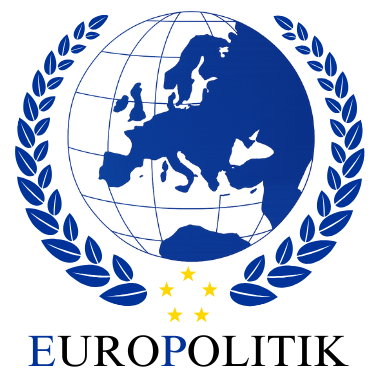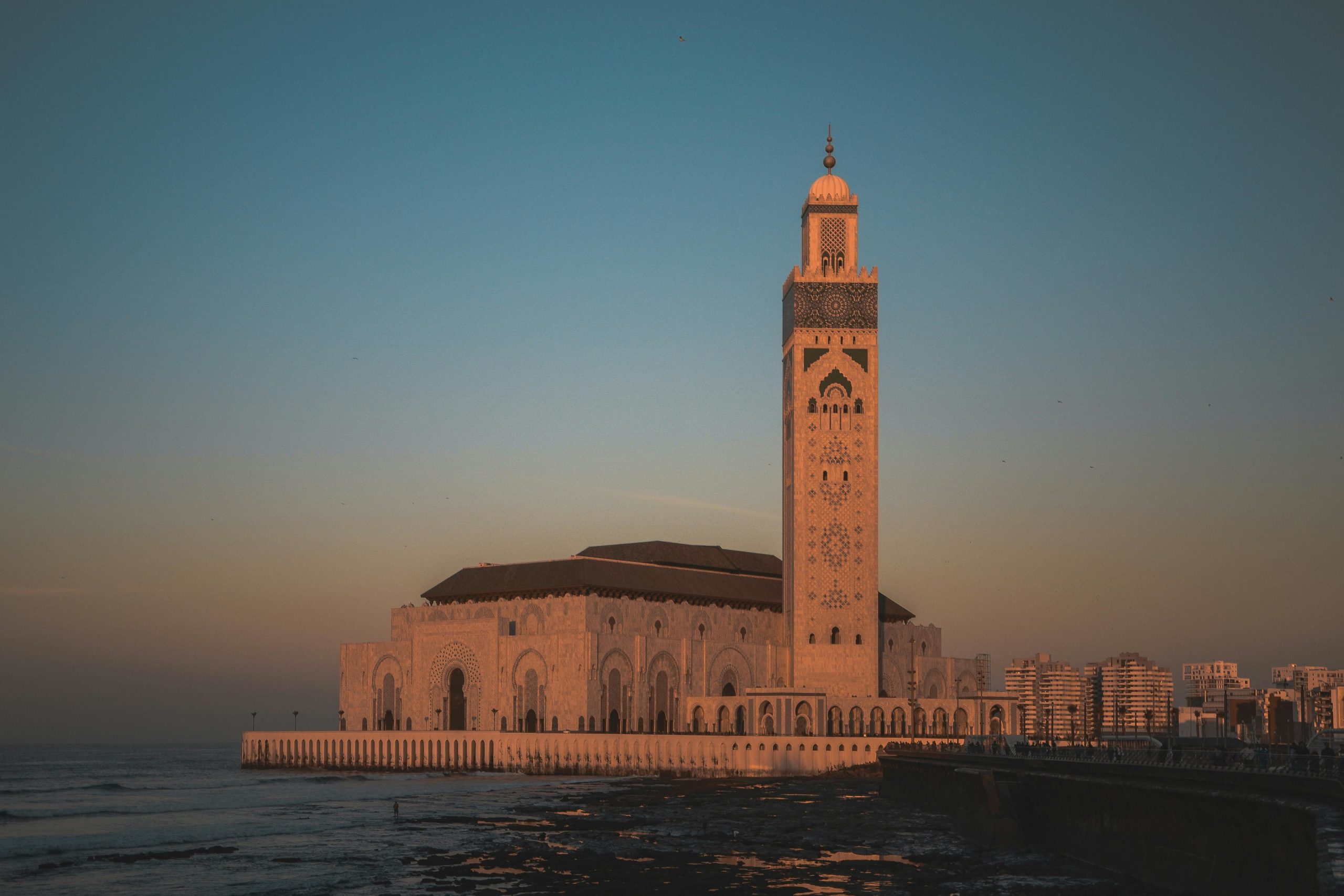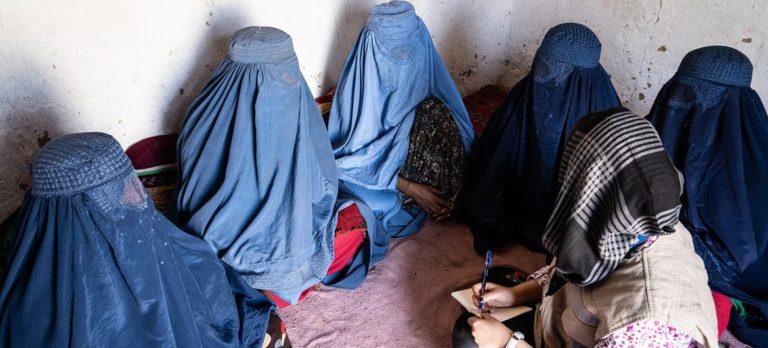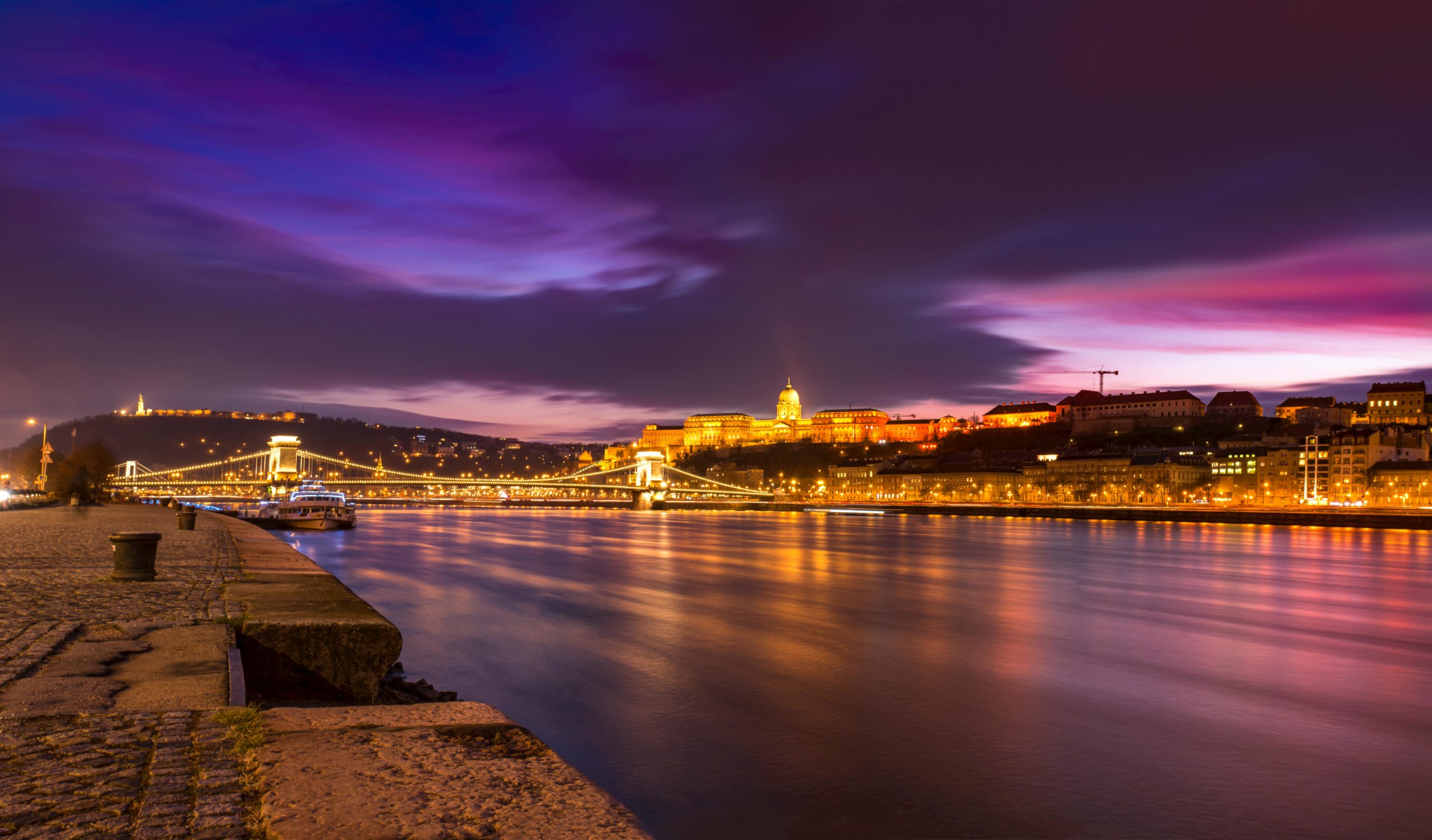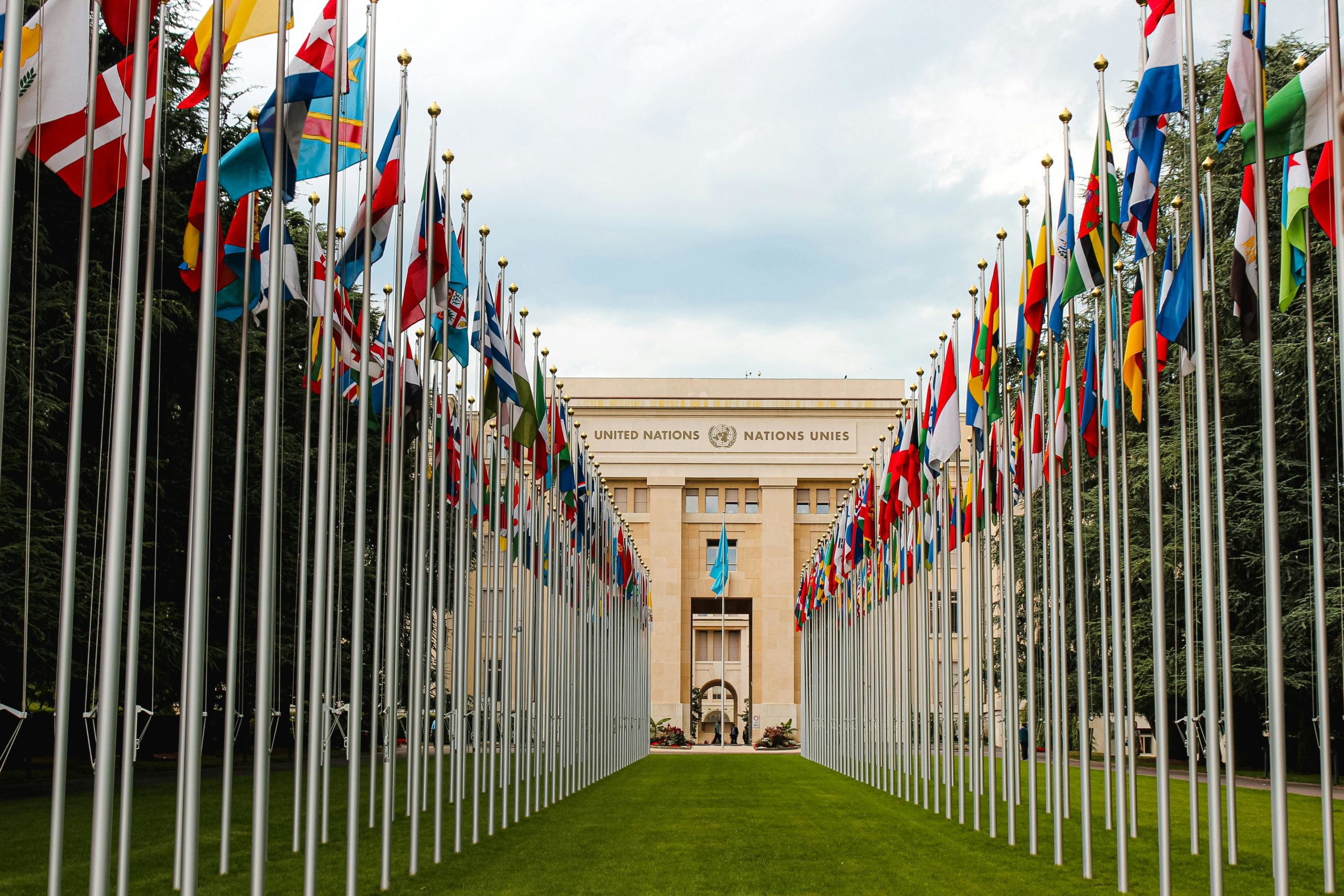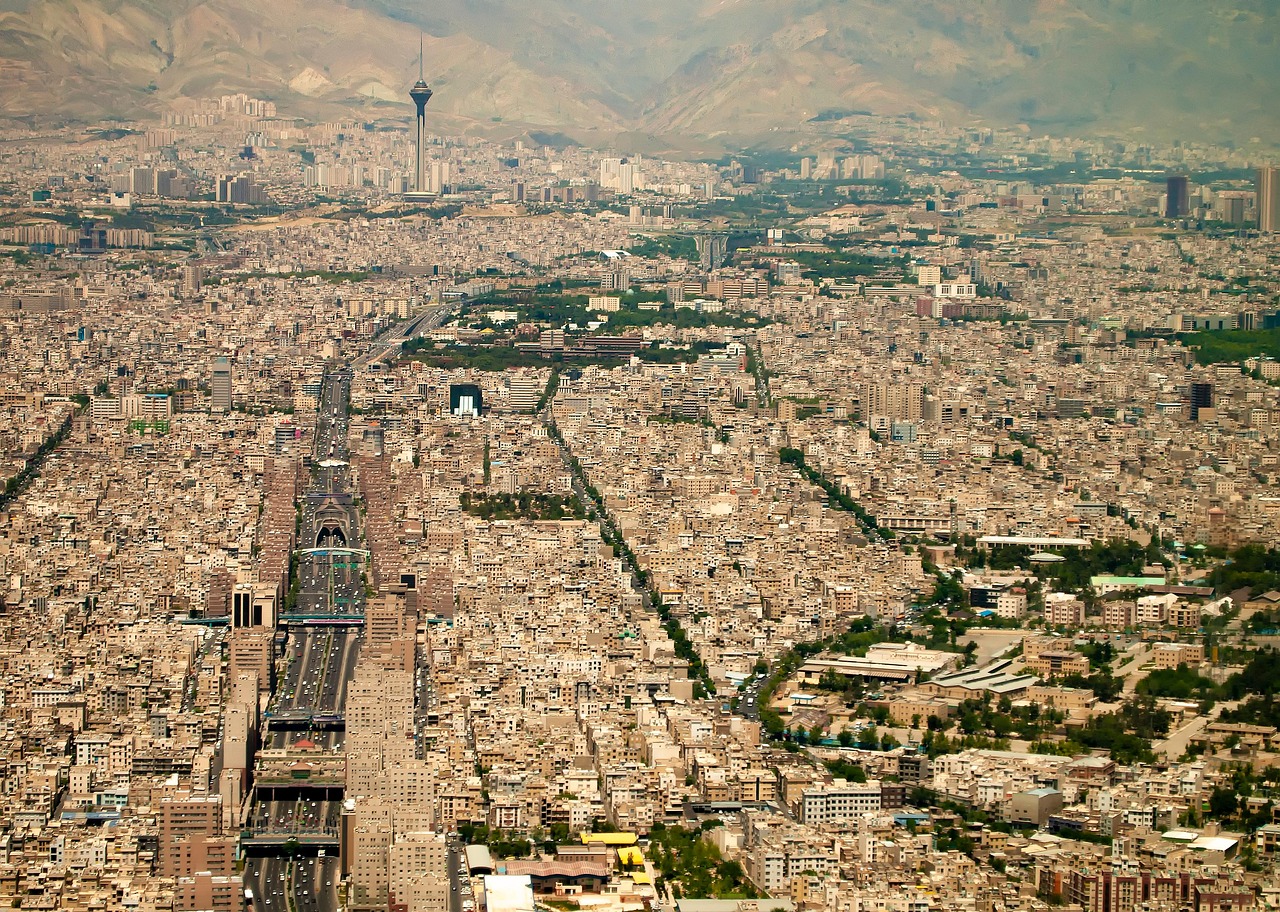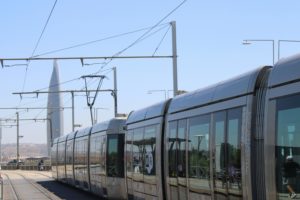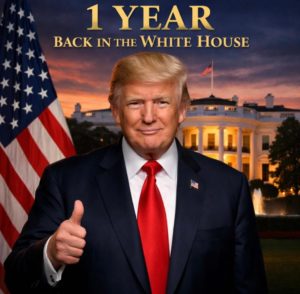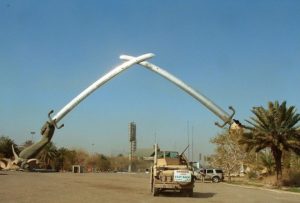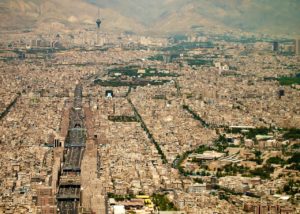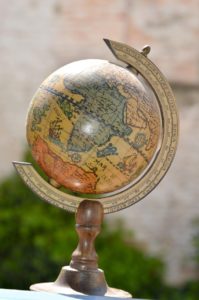Fifteen years after the Arab Spring, Morocco is living through a pivotal moment in its contemporary history. Until now, the Sharifian power had managed to contain popular protests, and the country has largely set itself apart from its neighbors over the past twenty-five years, since King Mohammed VI’s accession to the throne. Yet for several weeks, while all eyes have already turned toward the Crown Prince, a groundswell has been sweeping through the country — that of a youth seeking recognition, fairness, and prospects. The Gen Z movement — short for Moroccan Generation Z — has emerged as the symbol of a new Morocco: connected, conscious, and eager to play an active role in public life. With its many assets and a dynamic, hopeful youth, the country holds tremendous economic potential to offer real opportunities for its younger generations. Across the kingdom’s major cities, hundreds of young people are gathering to voice their demands: more jobs, an education system better aligned with economic realities, fair access to public services and social mobility, and a stronger fight against corruption and privilege.
These mobilizations are peaceful, organized, and deeply patriotic. Moroccan youth are not calling for rupture but for reform. They do not seek to leave for Europe or elsewhere, but to support their own country — provided they are supported in return. Yet, faced with this legitimate popular expression, the government initially showed surprising resistance, even denial. Slow reactions, technocratic statements, and a lack of concrete measures have only deepened the frustration of a generation already confronted with high unemployment, rising living costs, and declining trust in institutions. Some ministers even tried to downplay the movement, describing it as a passing agitation. This latent condescension has only fueled the protests further.
It is in this tense context that King Mohammed VI and his Council of Ministers have put forward a set of proposals for the youth, which must now be approved by Parliament — less than a year before the general elections. True to his image as the “King of the Poor,” and seeking to regain the initiative, he reaffirmed his commitment to social justice but went further still: he explicitly aligned himself with the youth, embracing many of their demands. The King unveiled a series of ambitious and concrete proposals aimed directly at young people: the creation of a National Fund for Innovation and Youth Employment; a deep reform of the education and university system, better oriented toward future professions; the establishment of regional platforms for dialogue between youth and public institutions; and greater accessibility for young people to political engagement. He also called for a reform of political communication, insisting that the state must “speak truthfully” and “listen better.” In other words, the monarch has placed the youth back at the heart of the national project — as an engine of change, not a threat. By announcing the creation of nearly 27,000 teaching and healthcare positions, he is offering Moroccans the means to bridge the country’s development gap in the coming years.
Yet behind this call for renewal lies a complex political reality. For while Mohammed VI may speak, the government must also listen. And the relationship between the Palace and the executive has, for years, been marked by mutual mistrust. The monarchy sets the direction; the government executes — sometimes poorly, often slowly. This gap between royal vision and political implementation could widen if the government fails to align itself with this momentum. The coming weeks will thus be decisive: either the executive seizes this outstretched hand toward youth, or it risks a crisis of confidence that could severely undermine its legitimacy.
The King, for his part, emerges strengthened. By speaking directly to Generation Z, he has reconnected with the popular fiber that has always underpinned his legitimacy. Mohammed VI reaffirms that he remains not only the guarantor of the kingdom’s stability, but also the bridge between institutions and the people, between the old Morocco and the one awakening today. Will this be enough to restore hope to a youth long marginalized in public decision-making? In any case, these measures remind everyone that the Moroccan monarchy, far from being static, knows how to reinvent itself. And the Gen Z movement has never sought the end of the monarchy — quite the opposite: it calls for its support and strong engagement in advancing its demands.
Morocco thus enters a crucial phase — one of potential social and political renewal, where the voice of young people would no longer be an act of protest but of contribution. Mohammed VI has understood this well: there will be no Moroccan future without Generation Z. By standing by its side, he is not merely calming anger but rekindling hope — the hope of a kingdom capable of evolving without denying itself, of combining authority with attentiveness, tradition with modernity. A rare equation, perhaps, but one that could well define the new face of tomorrow’s Morocco — a country whose economic means and development potential, from Tangier in the north to the deep south, remain vast.
